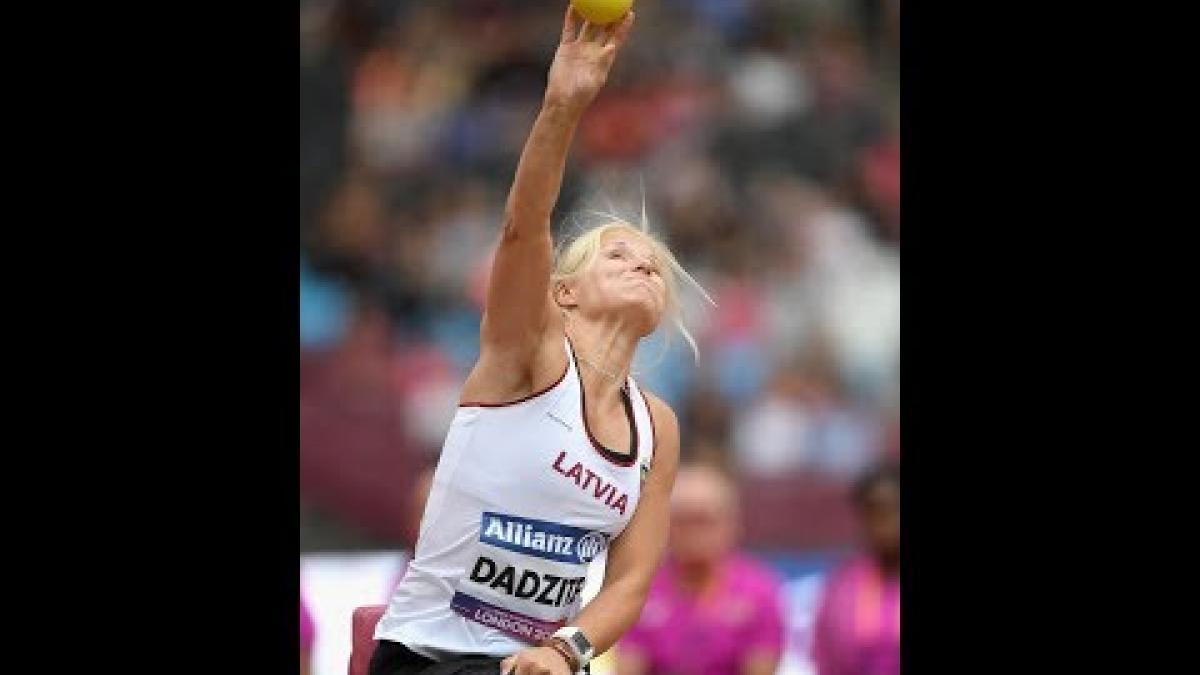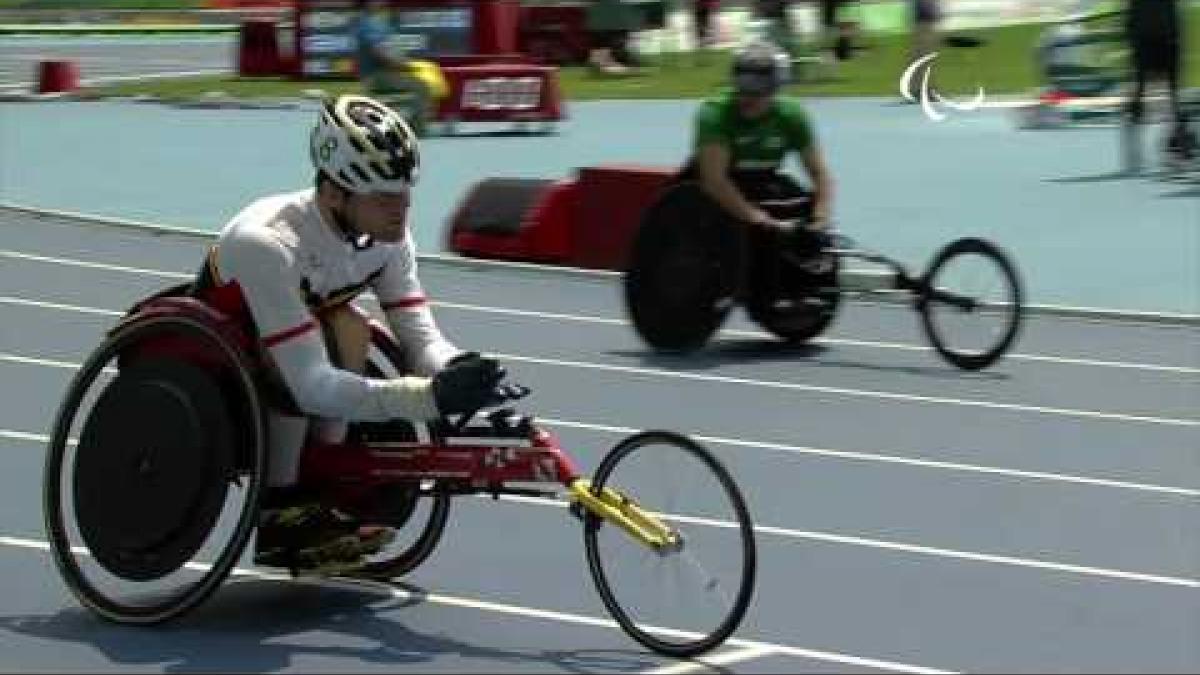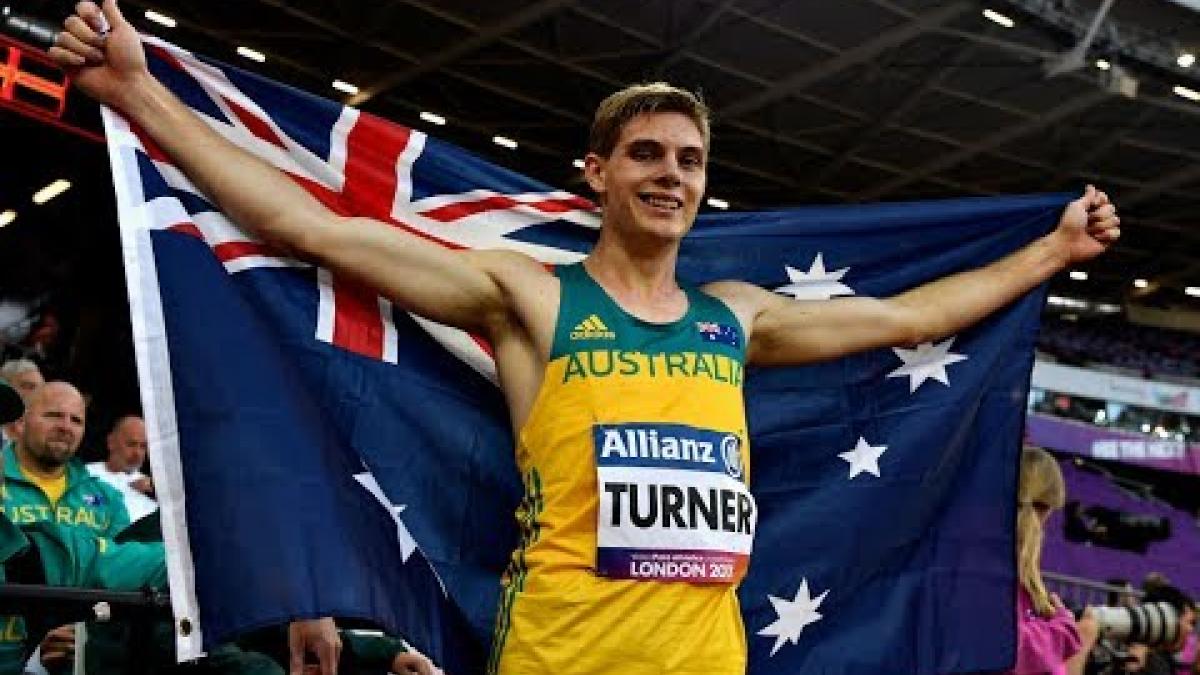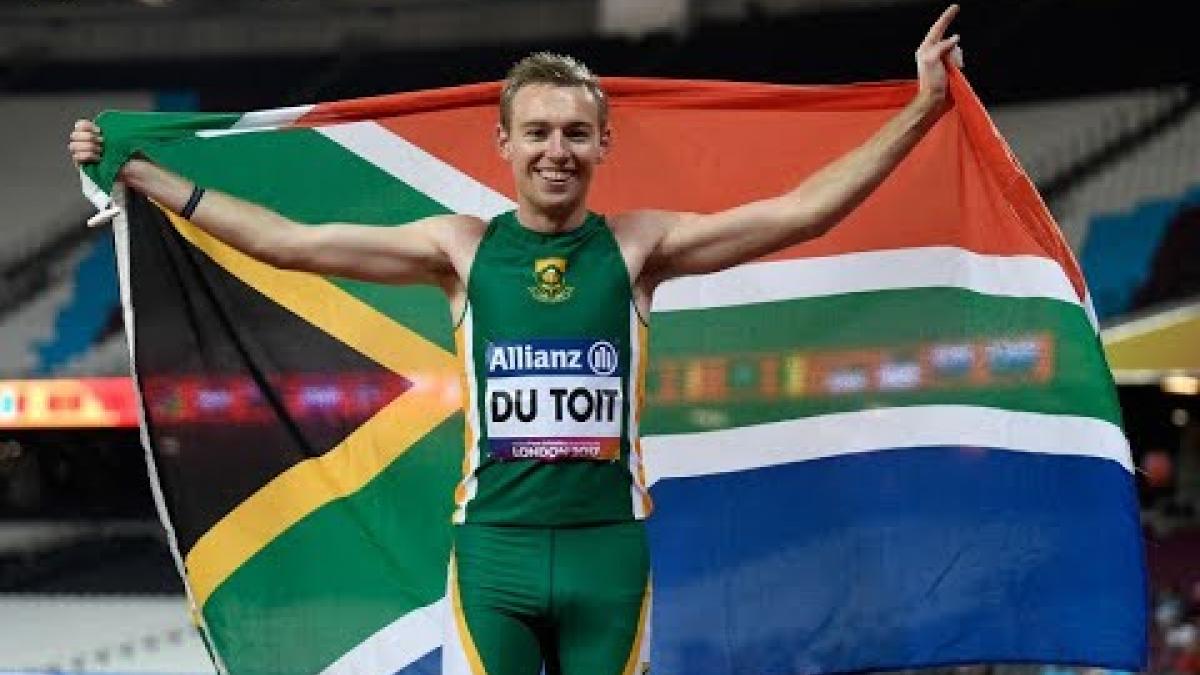How I got into Para athletics: Manuela Schaer
Marathon champion reveals pivotal role played by Nottwil 29 Jun 2018“I was just really happy because you could go faster. You had that feeling that only with your arm muscles you could push really hard and do something that makes you really tired."
Swiss wheelchair racer Manuela Schaer competes in the T54 class for wheelchair racers and this April won the Abbott World Marathon Majors series, having won in London, Berlin, New York and Tokyo over the previous 12 months.
Here she reveals how she became involved in Para athletics.
Manuela Schaer spends most days training at the athletics track at the Swiss Paraplegic Centre in Nottwil.
It is a place the 33-year-old knows well; it is also the place where she was first introduced to Para athletics as a nine-year-old, rehabilitating after the playground accident which damaged her spinal cord.
“When I was injured I stayed at the hospital in Nottwil. Wheelchair racing was a big thing back then – that was more than 20 years ago – so I saw it going on and met lots of people.
“You have the opportunity to try out a lot sports as part of your rehabilitation so that’s why I first got into wheelchair racing,” explained Schaer, who was brought up in nearby Lucerne.
In the months before her accident, Schaer had become increasingly involved in athletics. She had just started running longer distances; although still very young, the sport already played a significant part in her life.
After trying out wheelchair racing during her first stay in hospital, Schaer returned home to continue her rehabilitation. Several months passed before she took the opportunity to try again, but she knew immediately that it was the sport for her.
“When I got home I needed some time, because I had to go back to school and find my daily routine again, because everything was different,” she explained.
“It felt like sport so I think that’s why I stuck with wheelchair racing, even though I tried lots of different things.
“I was just really happy because you could go faster. You had that feeling that only with your arm muscles you could push really hard and do something that makes you really tired.
“My very first competition was in Schenkon for juniors, it was in my day chair and I was terrible, but after that I started with a tiny little racing chair and I got faster and faster.
“I loved the speed, but also when I watched the big guys doing their racing it looked so fast and so dynamic – that’s why I loved it so much.”
Swiss support
In fact, the “big guys” played a pivotal role in Schaer’s wheelchair racing career. Swiss Para athletes such as Heinz Frei were not only famous at home, they were recognised around the globe as some of the best in the sport. Their encouragement and success provided great inspiration.
“They took me under their wing. They even came to my home town. They did a workout and made a slow, small route in my neighbourhood – they took me out and went back training. That was really helpful,” said Schaer.
“That was very important. You need that support at the beginning; it’s a hard sport to get in to, it takes a long time until you have the right technique - the right position and the gloves. I was so lucky to have so many people around me to help me out.”
Soon Schaer joined the senior international ranks, competing around the world.
“It was really exciting to be able to race with other women from different countries -that was a big thing for me back then because I was very young,” added Schaer, who made her senior debut in a Swiss vest at the 2001 European Championships.
Now, more than 15 years on, Schaer has four Paralympic Games, four World Championships – at which she accumulated 11 major medals - and more than 30 major marathons worldwide under her belt.
She is one of an elite group of women in the T54 class, providing inspiration to the next generation of young stars and is regarded as one of the Swiss greats alongside the likes of Frei, Franz Nietlispach Edith Wolf, Sandra Graf and Marcel Hug. It’s clear her achievements have not yet sunk in.
“It’s still a little bit weird, but it makes me proud of course. It’s like a payback for all the hard work.”

 Facebook
Facebook
 Instagram
Instagram
 Twitter
Twitter
 Youtube
Youtube






